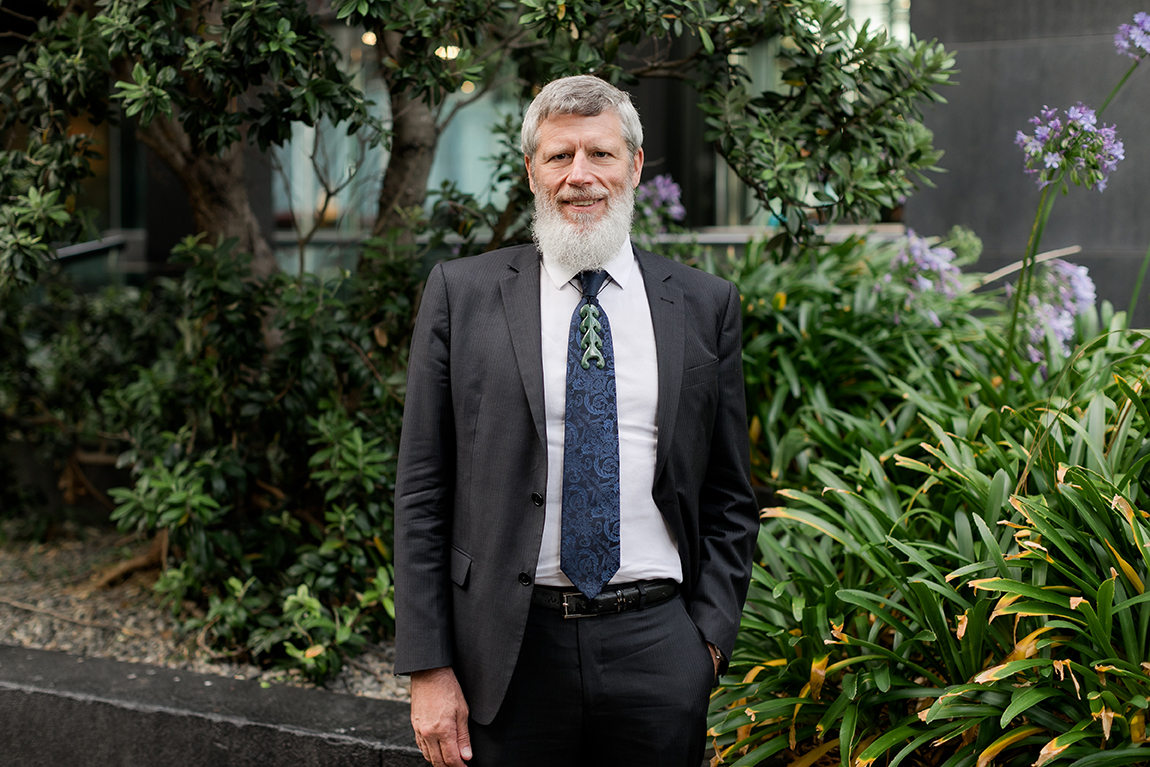Insight: Why not the ‘least cost’ pathway to net zero?
Our Chair Dr Rod Carr shares why New Zealanders deserve better than just the least cost pathway to a low emissions future.
New Zealanders deserve better than just the least cost pathway to a low emissions future. Much of the debate around climate action over the past thirty years has centered on how to get to net zero in a way that incurs minimal costs – but when the Zero Carbon Act passed, Aotearoa showed we want to move beyond this.
While cost matters, it is only one of the things we need to care about – and it is not the only factor that drives our choices. We need to care holistically about the approach Aotearoa will take to transition to a low emissions future, ensuring that the Government takes what is important to New Zealanders into account when setting policy.
Society is complex. We weigh and value things differently, irrespective of their cost. And climate policy is complex – it interacts with many of the things we value in our lives.
We care about risk and uncertainty. About the next generation. About how land and resources are used. And we care about our personal relationships, and relationships between our communities. You can’t put a price on these things.
When the Commission carries out its work, we are required to give advice on the direction of climate policy in Aotearoa and consider a range of factors – of which cost is only one.
Pursuing the cheapest path fails to consider impacts on individuals, communities, workers, businesses, families, and the principles of Te Tiriti o Waitangi.
We know that the least cost option often creates poor outcomes. Not everything we individually and collectively value can have a cost placed on it.
And if you discount certain things from your ‘least cost’ pathway, they could turn out to be enormously valuable – like biodiversity in the environment, or the rights of future generations that we have a responsibility to care for.
At the moment, with policy settings in Aotearoa, the cheapest option would be for us to continue planting our land with pine trees. This would capture carbon rather than reducing gross emissions – and it would mean that future generations would have their land locked under pine trees indefinitely. We would have missed the opportunity to open up other pathways to a low emissions future. Our advice focuses on removing emissions at source, rather than trying to plant our way out of the problem.
Achieving our targets will require a diverse range of policies and actions across many sectors. During our consultation, some questioned why the New Zealand Emissions Trading Scheme (NZ ETS) alone won’t meet our emissions reduction goals – but no single instrument, market, or regulation is enough on its own.
While the NZ ETS plays an integral role in our transition to a low emissions economy, putting a price on greenhouse gas emissions does not represent the actual cost of our emissions to society. Emissions pricing won’t provide support to people hit hardest by the direct or indirect impacts of climate change, and it won’t ensure transformation across all sectors.
Our draft advice set out to show there are a number of pathways to achieve net zero for long lived gas emissions by 2050 – and looks at how we can enable a transition that is fair and equitable, rather than simply focusing on the cheapest cost.
It’s not just about future generations – action on climate change has been delayed for so long that this impacts us today. We cannot assume that this is a ‘next generation only’ problem – this is an ‘our and now’ problem, and one where cost is one consideration – not the only one.
If we take responsibility for our emissions now – looking at what actions are needed across society as a whole and at what is valued most by our people – we can provide ourselves, our children and our children’s children with better opportunities to manage our future world.
